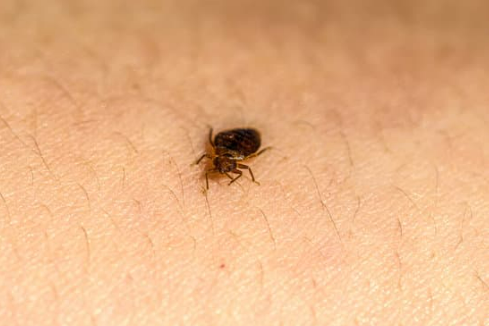The Mace Granular works very well as the neighbor's cat stop using my lawn for their toilet. I also apply some along the fence .
I used a couple of other cat repellents that were spotty performers. I used Cat Mace according to directions and it was like an electric fence in a bottle. My cats quickly decided that they needed to be anywhere else. This stuff does the job!



